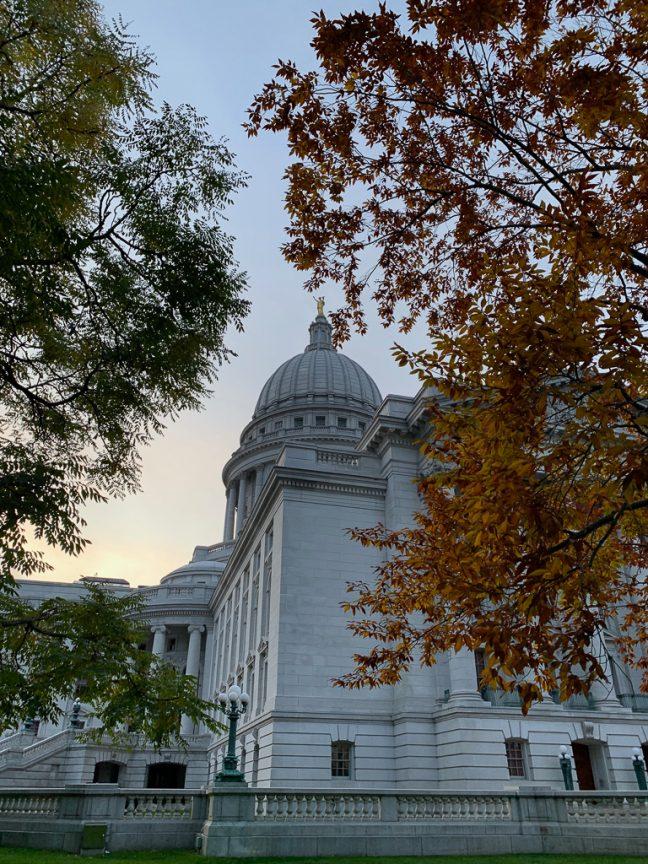Recent economic concerns among people across the state of Wisconsin and students on the University of Wisconsin campus have surrounded high rates of inflation and the potential for a recession in 2023.
These changes to the economy affect people across the state of Wisconsin in different ways, according to UW Professor of Agricultural and Applied Economics Steven Deller.
An economy is considered to be experiencing a recession if two consecutive quarters of negative Gross Domestic Product are reported, Deller said. Quarterly data collected by the United States government showed a decrease in GDP in the first half of 2022. But in the third quarter, GDP increased.
GDP is only one measure of economic health — interest rates also influence the potential for a recession, according to Deller.
“Long-term interest rates are always higher than short-term interest rates,” Deller said. “When that flips, that is an indicator that we’re heading into a recession.”
People across the state of Wisconsin and the nation have expressed frustrations with currently high inflation rates, Deller said. To address these high rates of inflation, the Federal Reserve needs to adjust interest rates, according to Deller.
The rate at which interest rates are adjusted for inflation impacts the potential for a recession, Deller said. If the Federal Reserve abruptly raises interest rates, economic activity will significantly slow down, which could lead to a recession. But if interest rates are adjusted slowly and people have the opportunity to adjust to these economic changes, it is likely that there would only be a mild recession, Deller said.
Rates of unemployment also point to the health of an economy. Rising rates of unemployment are common prior to and during a recession, according to Deller. This is because a recession indicates a period of low economic activity — when fewer people are employed, there is less spending overall, Deller said.
But unemployment has been declining nationally — with only 3.7% of Americans being unemployed as of October 2022, according to the US Bureau of Labor Statistics. In Wisconsin, 3.3% of residents were unemployed in October 2022.
“If we were heading into a recession, you would see the unemployment rates starting to tick up,” Deller said. “We’re not seeing that.”
UW students donate to fight food insecurity through Swipe Out Hunger drive
Ultimately, economic indicators suggest that a mild recession is likely at the beginning of 2023. This mild recession is unlikely to impact people in ways a typical recession would, according to Deller.
It is unlikely that people would become unemployed in the case of a recession. With a current labor shortage, it is more likely that fewer positions would be open, Deller said.
“One of the things that’s happening in Wisconsin is that we’re not seeing the job growth that you would expect us to be,” Deller said. “And one of the reasons for that is that we simply don’t have the people to fill the jobs.”
People across the state of Wisconsin and students on the UW campus may not feel significant effects from a mild recession, according to Deller. Changes in the economy impact everyone, but for now, high prices due to inflation may have a greater impact on individuals than a mild recession would.
“I think right now, inflation is probably affecting students worse than a mild recession [would],” Deller said. “Because I look at rental prices, look at the cost of food — I think students are going to are getting hit harder by that than if unemployment goes from 3% to 4%.”













